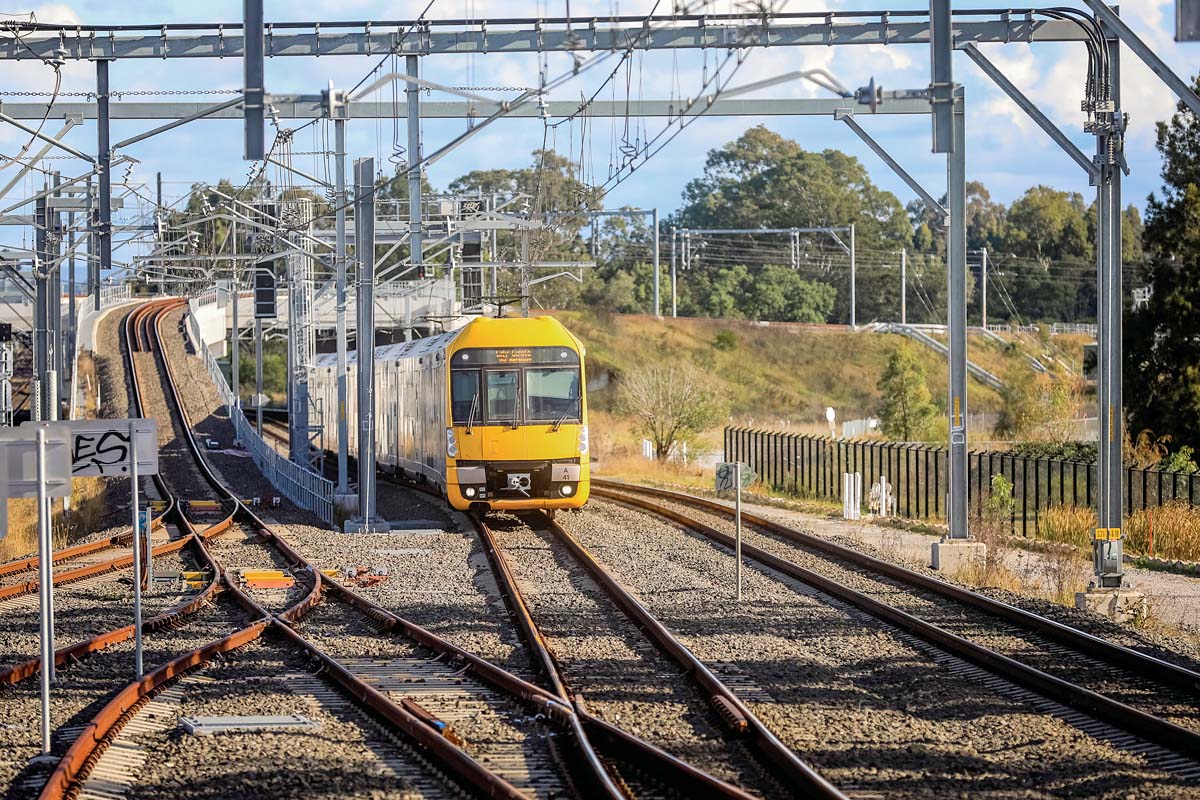Our rapid assessment framework for state significant development (SSD) and state significant infrastructure (SSI) streamlines the assessment of major projects.
Types of state significant infrastructure
State significant infrastructure includes transport and services developments with effects beyond local areas, such as:
- rail infrastructure
- road infrastructure
- water storage and treatment plants
- wharves and boating facilities
- pipelines
- some developments in national parks.
Any of these types of infrastructure is considered state significant if it is:
- above a certain size or capital investment value
- or is in a sensitive environmental location.
For the full list of SSI development types, see schedules 3 and 4 of State Environmental Planning Policy (Planning Systems) 2021.
The Minister for Planning can decide that an SSI project is essential for economic, environmental or social reasons. These projects are known as critical SSI and the minister decides whether to approve them.
We and other government agencies have prepared standardised Secretary’s Environmental Assessment Requirements (SEARs) (PDF, 547 KB) for critical SSI projects.
These requirements aim to focus environmental impact statements on issues that:
- cause the greatest impact
- affect the most sensitive aspects of the environment
- are of greatest interest or concern to the community.
The standardised requirements also give project proponents more certainty.
We have developed a Critical State Significant Infrastructure Guideline (PDF, 131 KB), which sets out the general principles for the declaration of projects as state significant infrastructure (SSI) and critical state significant infrastructure (CSSI).
The guideline was developed as part of the Rapid Assessment Framework package, a suite of proposed system improvements that increase the efficiency of major project assessments and speed up assessment timeframes while also improving assessment quality, engagement standards and customer service.
Applications can be lodged online at Major Projects.
We place all SSI applications Major Projects. This is where you can track the assessment process, read our assessment reports and find out about final decisions, including conditions of approval or reasons for refusal.
We assess SSI applications and the Minister for Planning decides them. The minister may delegate the power to make specific decisions to senior department officers. These are known as delegated decisions. Critical SSI applications all go to the minister for a decision.
All SSI applications are exhibited to the public for at least 28 days. We extend this period during the Christmas/New Year period. We inform the public by placing the application and all supporting information at Major Projects.
For exhibitions commencing on or after 1 April 2024, all submissions for State significant infrastructure applications must be made online through the NSW Planning Portal during the exhibition period.
To make a submission:
- visit Major Projects on the NSW Planning Portal
- log in or create a new user account
- search for the relevant application or find it amongst the applications currently on exhibition
- click on 'make a submission' button.
There are help and resources on the portal including a step-by-step guide on How to make a submission on a State significant application (PDF, 1.2 MB) and answers to frequently asked questions.
For more help, call Service NSW on 1300 305 695.
If you think you'll need help making a submission using the portal, it's a good idea to contact Service NSW sooner rather than later. Ensure you give yourself plenty of time to make a submission before the project’s exhibition end date.
When we assess SSI applications, we consider:
- existing state, regional and local plans and policies
- feedback from local councils
- advice from federal and state agencies
- public submissions
- the public interest.
We write an environmental assessment report containing our recommendation and proposed conditions of approval or reasons for refusal. This goes to the minister or a delegate for determination.
Applicants can apply to us if they want to ask the minister to modify an approval. The extent of public notification will depend on the scale of the modification and any environmental or social impacts.
There is no provision for merit appeals from applicants or objectors who disagree with the outcome of an application.
Anyone can request a judicial review of a decision if they think the NSW Environmental Planning and Assessment Act 1979 has been breached. The appeal must be made within 3 months of the decision being notified.
For more information, visit Major Projects.
We have prepared indicative standard conditions of approval (PDF, 1.8 MB) for transport related State significant infrastructure (SSI) applications.
The conditions will help everyone to understand the types of conditions that are likely to apply to these projects.
The final conditions of approval applied to each project may differ depending on the outcomes of the assessment. Some conditions may not be applied or may be modified. Additional conditions may also be added to respond to specific social and environmental issues.
The department has released a Guideline for drafting conditions for State significant projects 2023 (PDF, 823 KB) that outlines the best-practice approach to drafting conditions of approval for SSI applications when the department recommends a project for approval.
The Guideline for drafting conditions for State significant projects (PDF, 823 KB) outlines the department’s best-practice approach to drafting conditions of approval for SSI applications when the department recommends a project for approval.
The guideline provides information for applicants, stakeholders and the community, and sets out:
- the roles and responsibilities that the department, other regulatory agencies and the Independent Planning Commission have when preparing and enforcing conditions.
- the purpose of conditions.
- a framework for drafting effective conditions.
The department is committed to drafting conditions that stakeholders can understand. This guideline aims to make conditions more consistent and give applicants, the community and regulatory agencies greater certainty.
